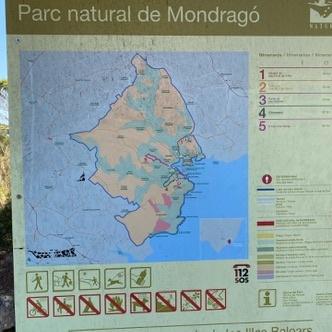How did the economic activities of monasteries shape the market for local goods in Mallorca?
Similar Topics
monasteries economic activities
mallorca market
local goods production
medieval monasteries economy
agricultural specialization mallorca
market demand supply
artisanal workshops
monastic trade influence
The economic activities of monasteries in Mallorca played a significant role in shaping the local market for goods during the medieval and early modern periods. Monasteries were not only spiritual centers but also vital economic hubs. They managed extensive agricultural lands, engaged in livestock breeding, and operated various artisanal workshops. By producing surplus goods, monasteries became important suppliers in the local economy, influencing market demand and supply patterns. Their ability to amass resources and organize labor led to increased productivity, which helped stabilize regional food supplies and provided raw materials for local crafts.
Monasteries also fostered markets through trade and exchange, often acting as intermediaries between rural producers and urban consumers. Their involvement in viticulture, olive oil production, and grain cultivation, for instance, made these staple products more widely available and consistent in quality. This agricultural specialization encouraged farmers around the monasteries to adopt similar practices, thereby enhancing regional agricultural diversity and efficiency. Furthermore, the monasteries' need for goods not produced internally encouraged commercial relationships with local artisans, merchants, and neighboring estates, stimulating broader economic integration.
In addition to their direct contributions to the market, monasteries had a social and cultural impact that shaped local commerce. The presence of monastic institutions attracted pilgrims, officials, and travelers who required hospitality and goods, thereby generating additional demand for food, textiles, and other merchandise. The standardization of weights, measures, and market practices often associated with monastic influence also contributed to a more organized marketplace. In essence, the monasteries of Mallorca were more than religious sanctuaries; they were dynamic economic engines whose activities enhanced the availability, variety, and stability of local goods, paving the way for flourishing markets that benefited the island’s communities.
Monasteries also fostered markets through trade and exchange, often acting as intermediaries between rural producers and urban consumers. Their involvement in viticulture, olive oil production, and grain cultivation, for instance, made these staple products more widely available and consistent in quality. This agricultural specialization encouraged farmers around the monasteries to adopt similar practices, thereby enhancing regional agricultural diversity and efficiency. Furthermore, the monasteries' need for goods not produced internally encouraged commercial relationships with local artisans, merchants, and neighboring estates, stimulating broader economic integration.
In addition to their direct contributions to the market, monasteries had a social and cultural impact that shaped local commerce. The presence of monastic institutions attracted pilgrims, officials, and travelers who required hospitality and goods, thereby generating additional demand for food, textiles, and other merchandise. The standardization of weights, measures, and market practices often associated with monastic influence also contributed to a more organized marketplace. In essence, the monasteries of Mallorca were more than religious sanctuaries; they were dynamic economic engines whose activities enhanced the availability, variety, and stability of local goods, paving the way for flourishing markets that benefited the island’s communities.
🧩 Related Questions
Related Question
How are luxury hotels in Mallorca blending modern design with traditional Balearic aesthetics?
Related Question
Are guided foraging tours available in Mallorca that can help travelers avoid common hazards?
Related Question
What role did community support play in the lives of women in Mallorca?
